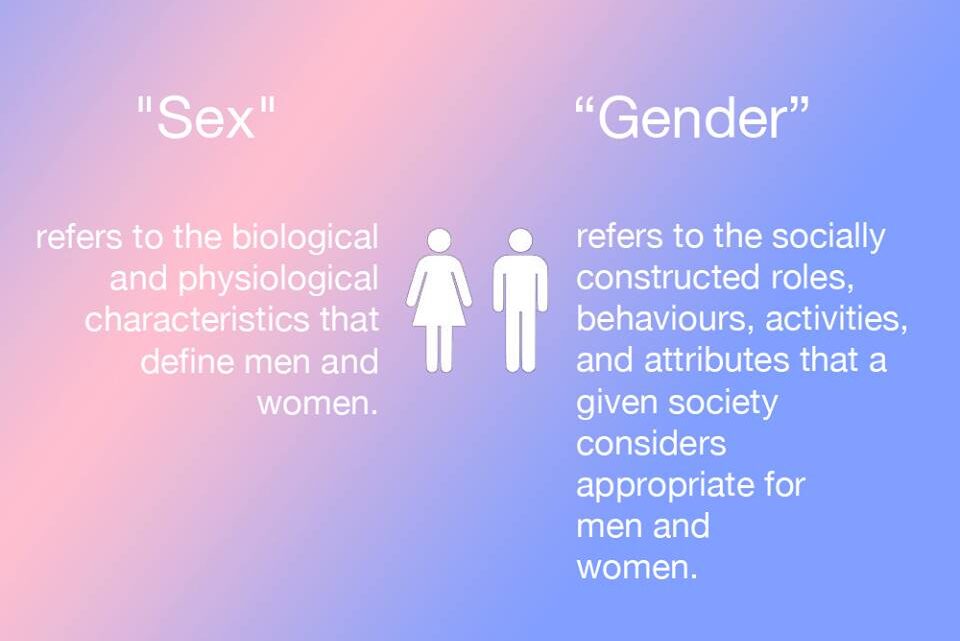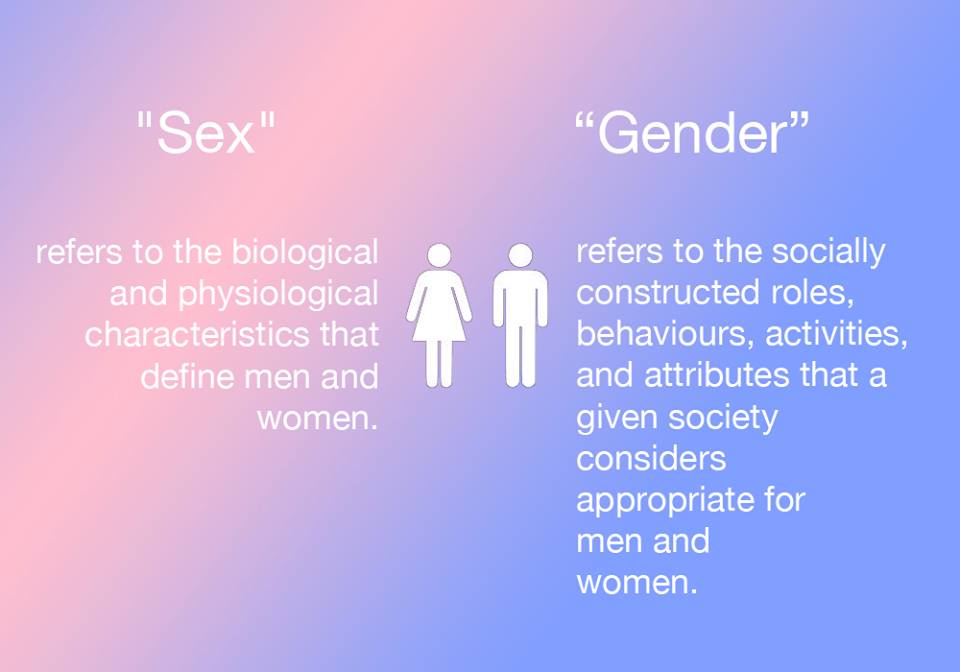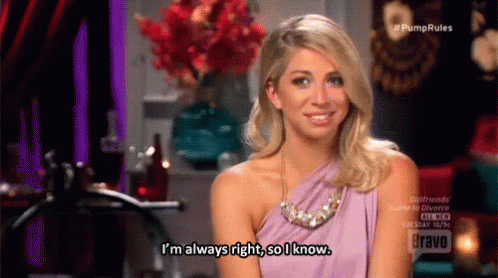
Sex is Not Gender (And Why This Matters to Editors-for-Hire)
…and there’s a contest at the end of this post

If you follow the #WritingCommunity Twitterverse, you may have seen the uproar over an agent who was recently fired because she maintains a personal Twitter account on which she tweets negative posts about the transgender community. There has been lots of support for her former agency and its founder, just as there has been support for this agent. She now claims that she is the victim in this drama, never mind the fact that she was stereotyping, shaming, and generally excoriating an entire group of people, which makes me think she has never met someone who is transgender. Oh, she has, though. She simply may not know it.

Now don’t misunderstand me. She is absolutely entitled to her opinion. And she is entitled to speak freely about it. But as we all know (or should know), freedom of speech is not freedom from consequence. She took a gamble that didn’t pay off. She is no more a victim than someone who chooses to speed and gets a ticket.

But why should we care about this? Why does it matter that an agent is a TERF? Why does it matter if an editor-for-hire (such as myself) might be one? (I’m not, by the way. Just so we’re clear.)
It matters because she is a gatekeeper. Authors who are not cisgender face steep hurdles to publication because they are often told that their stories “won’t resonate” in the market, or that they are “too niche.” If agents block the trans community from access to editors and publishers, fewer of these stories will make it to bookstore shelves. There is, of course, the niche market of teens who may be exploring their gender and need to see positive portrayals of the transgender community, just as there is an audience of adults who already know who they are and want to see stories that reaffirm the journey they themselves have undertaken, or need to see that their futures can be bright and happy.

Beyond this “small” audience (that likely isn’t as small as one might imagine), the reality is that there are plenty of cisgender people who would read these stories, not out of some puerile fascination, but out of a genuine desire to understand the obstacles the transgender community can face.
Why, then, is it important that an editor-for-hire pay attention to these debates? The TERF philosophy takes a personal belief and attempts to impose it on a group of people already disenfranchised. I can’t speak for every editor-for-hire, but as I see it, trying to erase an entire class of humans and claim that one knows what is “right” as a moral imperative for all would automatically disqualify that person to edit for anyone.
There are already plenty of groups out there that do this, assuming that their moral compass is universal and should apply to all humankind. This is the sort of thinking that cannot allow for any difference of opinion. Thus, someone who believes there is a “right” way and a “wrong” way to live is categorically incapable of reading a manuscript objectively.

My goal as an editor is to help you tell your story, whatever it may be, to the best of your ability. It is not my place (nor should it be the place of any editor-for-hire) to sit in judgment of people whose gender identity does not conform to the binary. There are enough gatekeepers out there who make the publication process more challenging for the transgender community. I, for one, refuse to be part of that exclusionary process.
With this in mind, I would like to offer my services free of charge to authors who identify as transgender and write #ownvoices stories. I will choose three authors at random on September 30, 2020, for either a query critique or a synopsis critique (your choice), up to four passes. (Find out more about my critique services here.) Send me a brief bio, your pitch, and why I should choose you. You can DM me on Twitter@JayWhistler to enter this contest.

